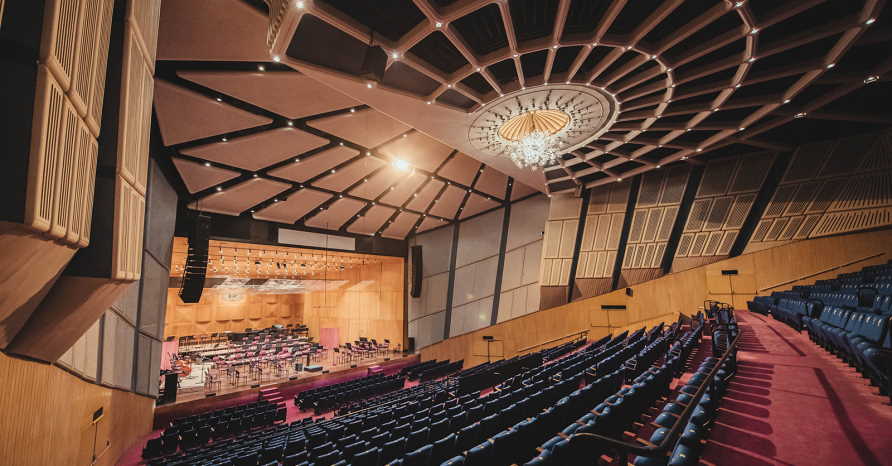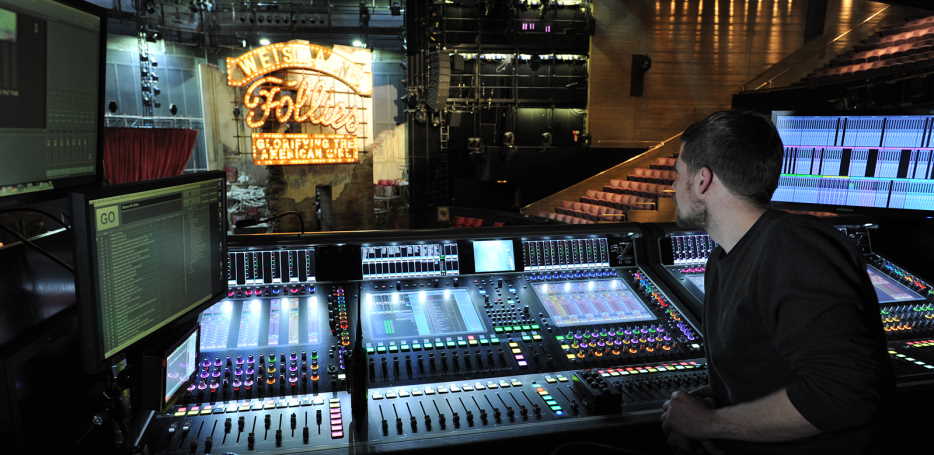Why Is Sound Design Important in Theatre?
- Published in Sound Design
- Permalink

The Sound Designer is obtaining all sound effects and they are recorded or live for a specific production. They are also responsible for setting up the sound playback equipment and it must be making sure the board operator is properly trained.
Sound Design is an artistic component of production. The Sound Designer needs to have the imagination to create sounds effect in theatre and not just re record them.
To better understand the importance of sound in the theater, we’ll explore the multi-faceted role of modern sound design in theatres today. There is following importance of sound in theater:
Establishing the Time, Location, and Cultural Context
You can hear new sounds coming in from the background and it is flowing into your ears. There are rarely ever complete moments of silence, and they are usually few and far between.

Soundscapes can be utilized to support designers in creating a location, time, and cultural context. It can be reflecting social, historical, and climatic contexts to reflect a deliberate, thoughtful story being expressed to the audience.
Sound design important in theatre gives a significant amount of thought to the location, the time period, genre, and venue of the performance.
Setting the Mood and Atmosphere
Moving an audience to feel a particular way is important to keep their attention. Different sounds one hears are commonly associated with various moods and emotions.
The right combination of sounds can be created suspense and fear, while others can influence an audience to feel excited and celebratory.
Slower tempos can be saddening this, while heavy beating drums can suggest that tragedy is in the air. It can heighten the mood and enrich the atmosphere.

Serving as Exposition
These actions are happening off-stage and you also need to prepare audiences for new, upcoming scenes behind the curtain.
Sound is playing an integral role in serving as exposition. Realistic sound effects are including gunshots, doorbells, and telephones. Sound can clearly alert audiences about expecting in the upcoming moments on stage. It is helping them make that mental transition quickly and seamlessly.
Design the Perfect Stage
The sound is playing a critical role in enhancing the overall experience of any theatrical performance. It is reflecting social, historical, and climatic contexts to reflect a deliberate, thoughtful story being expressed to the audience.
The success of your next performance is resting upon your ability to design a captivating, quality production from start to finish.
